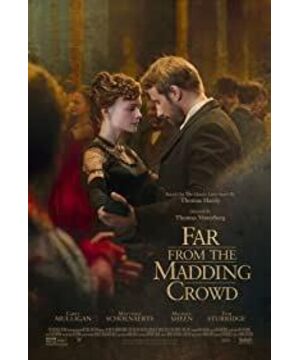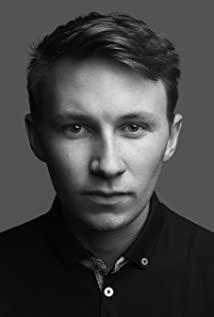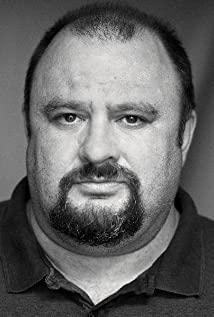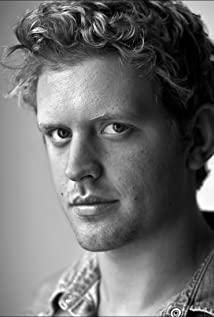The male version of Bathsheba is handsome, calm, and self-sufficient. Although he has no money, he intends to change his destiny through struggle. The female version of OAK is a savvy woman with a similar social status as him. She looks average and loves the male protagonist at first sight, but she just keeps it in her heart and is determined to contribute her love to the male protagonist anytime and anywhere.
The male protagonist meets the female version of Boldwood. Although this person is a rich girl and loves the male protagonist, the male protagonist with a good attitude regards money as dung and thinks that the local tyrants are too tacky and unmoved. Later, the male protagonist met the lively and beautiful female version of Troy, and fell in love at first sight. Female Troy is a person who is wandering on the surface but deeply hurt by being abandoned by her first love. The two eloped to get married. After marriage, two years of good life lived until the female Troy met her first love. Troy, who couldn't forget his love, died in love with his first love. The male protagonist is distraught. After many years of being single, he finally decides to accept the female Boldwood. Just as the female Boldwood made a bunch of wedding dresses to prepare for the wedding, female Troy came back. Female Boldwood went crazy and shot Troy to death and sent herself to jail. At this time, the male lead finally saw the female Oak, who had been silently guarding herself and did not forget to make a fortune, and the two finally got married. Sprinkle flowers. . .
This story reads without any sense of contradiction. Why is it that the sex of the hero and the heroine is reversed and so many complaints are made? Because we have adopted two value standards for men and women. Just as someone in the comments said every time the heroine took the initiative to provoke others. Why can't the hostess provoke? Because for women, we require her to be single-minded and regard a happy marriage as the embodiment of her greatest value. Regardless of whether she has an independent will and whether she needs to earn money to support herself, her most important job is to find a lover, and it is best to recognize him when he appears, but how poor his appearance is. Women cannot be deceived by sweet words and cannot make mistakes. The image of female Oak is more in line with the traditional view of women: forbearance, determination, and waiting silently, and finally staying away. If the story is written like this, it is at best a beautiful second-rate romance, but who is Hardy? He just changed the sex of the hero and heroine, and the theme of the story is much more profound and broad.
Many girls have been or are still Bathsheba, fantasizing about beautiful love, and the money and easy life that comes with it. What will happen? Bathsheba is definitely fortune-telling! This is the practical significance of "Far from the Crowd". Girls, wake up!
View more about Far from the Madding Crowd reviews











